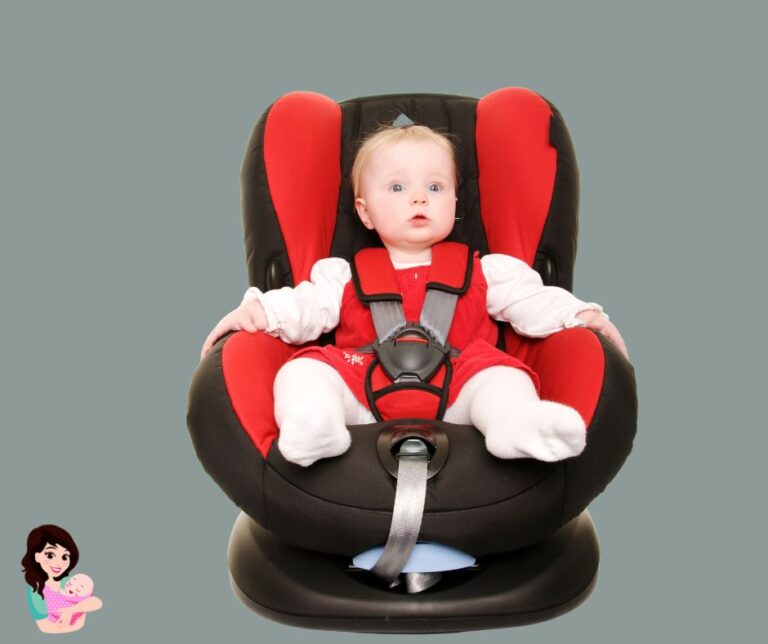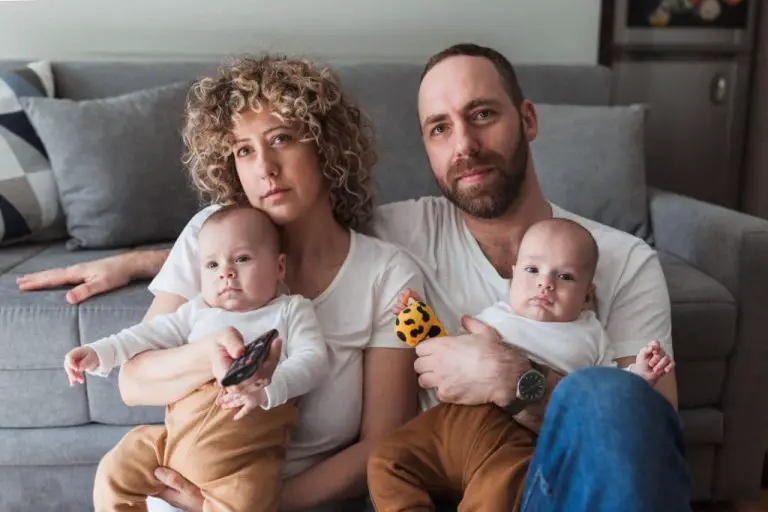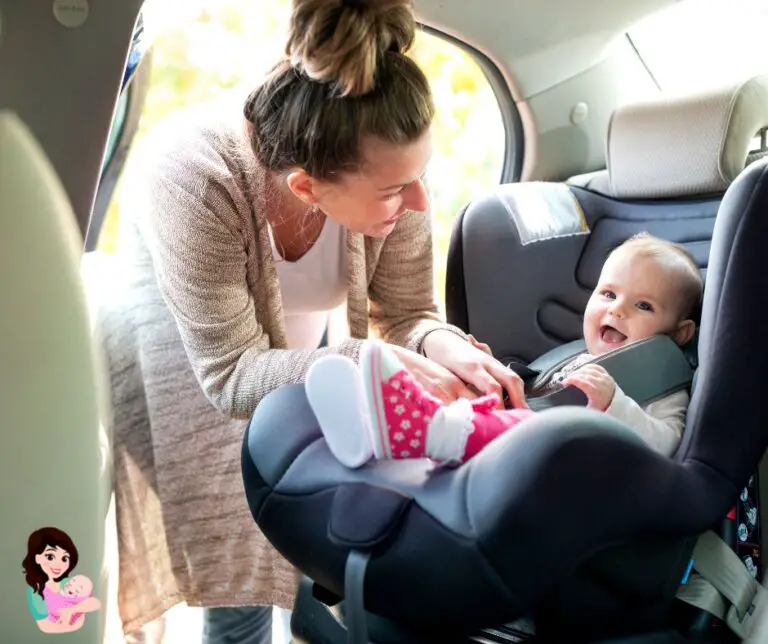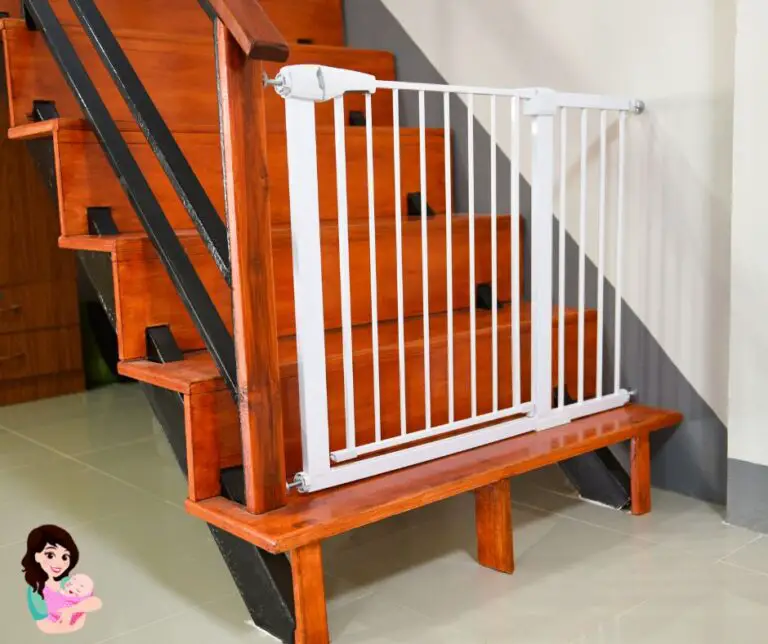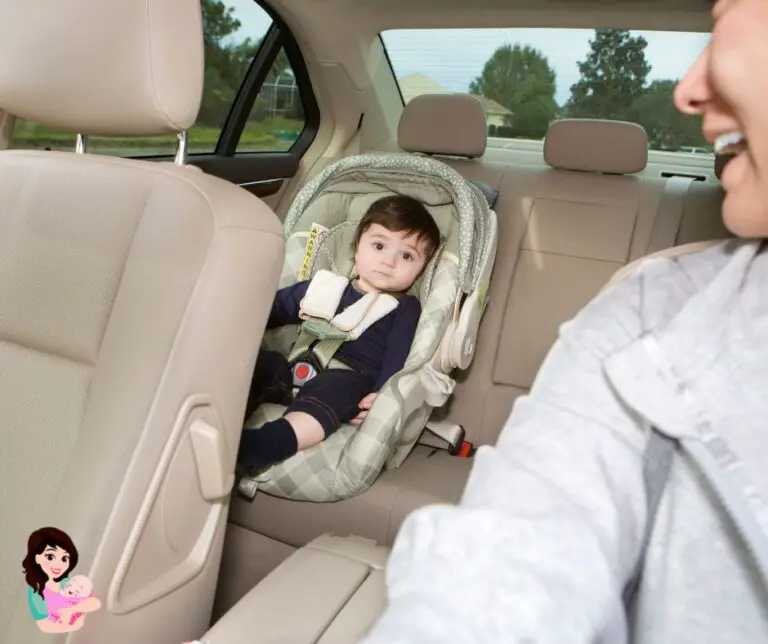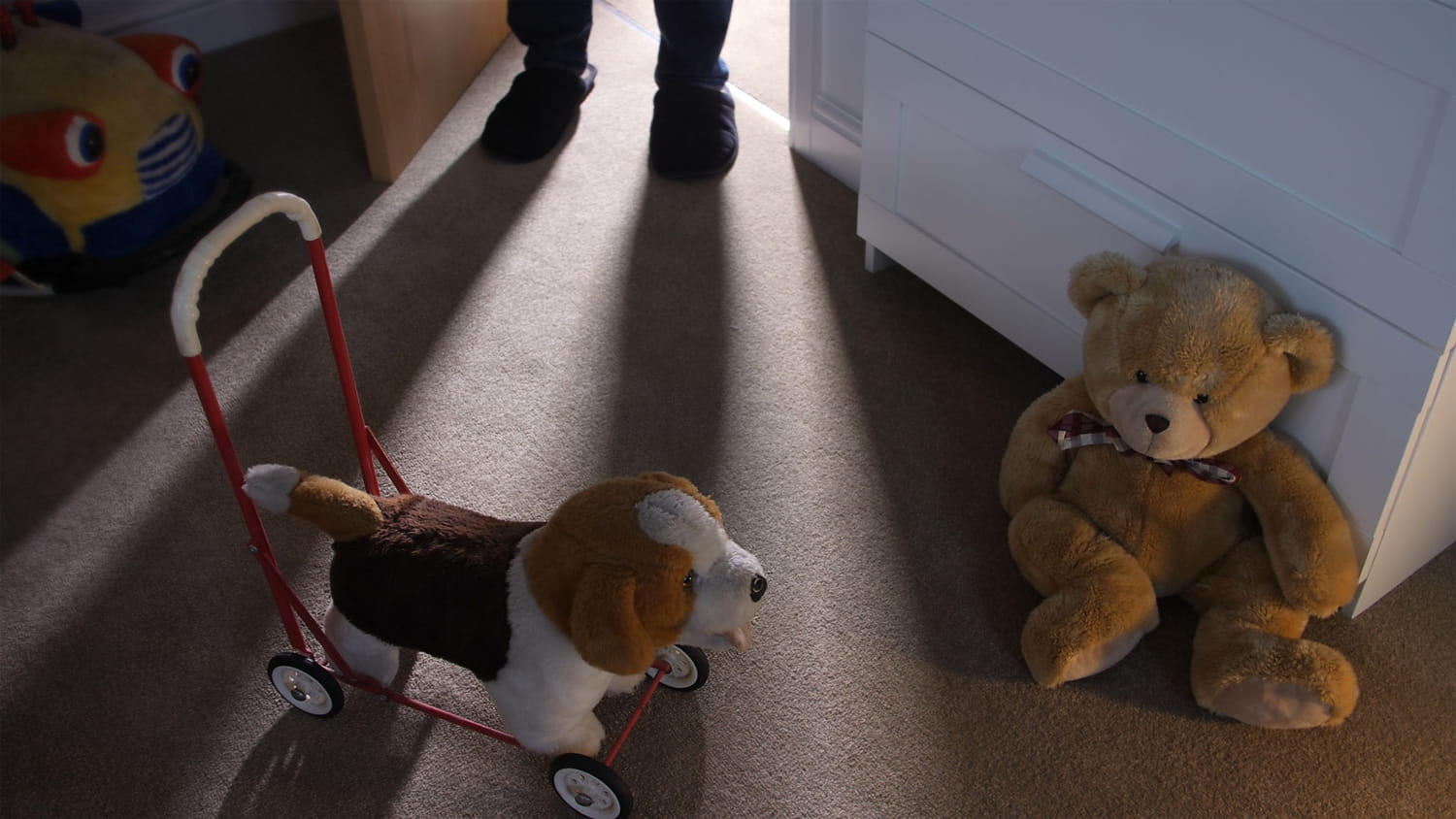
As you know, raising a child is an extremely difficult and challenging journey for every mother and family. At each stage, children have changes in life and psychology, even many children face disorders such as cognitive disorders, sleep disorders, eating disorders, etc.
One of the issues that many mothers are concerned about is related to children’s sleep.
Many parents have raised concerns about whether they should lock the room door to keep children when they sleep because many children often have a habit of less sleep and wake up to walk around the house.
Or for children who are confused cognitive disturbances can be constantly disruptive. Keeping them in the door and locked will be a useful short-term method to prevent them from harming themselves.
Is it illegal to lock your child in their room? This is a controversial topic across parenting forums about the safety and humanity of this practice.
Contrasting views have appeared and many convincing arguments have been presented. So should or shouldn’t children be locked in a room even though it’s not against the law? All will be in the detailed article below.
1. Is It Illegal To Lock Your Child In Their Room?
Before any decision related to child care, we need to understand the provisions of child protection laws around the world.
Children are protected in many ways by governmental and non-governmental organizations to ensure that children are not abused or harmed when they live with inappropriate parents.
Therefore, you need to find out the laws of your local and state where you live in this regard. Is it illegal to lock children in a room and lock the door? And when should we report this to the competent authority?
As for, child protection attitudes in each state may differ according to local regulations or conventions. You should first learn about the mandatory child laws in your area.
However, you should remember that the laws are made to ensure the safety of children. If your child care actions come from the love and heart of a mother and ensure the safety of the child, then all regulations become meaningless.
2. Why Do So Many Parents Have This Idea?
To explain the act of locking children in their rooms, many parents have come up with true stories of their memorable experiences.
Ensure children’s safety at night
Many parents report that at the toddler stage, they tend to wander around and look for new things.
Children at this stage are at high risk of facing risks such as falling downstairs, ingesting foreign objects, catching colds, or getting injured because their bodies are not big enough to support the surrounding objects.
Can you imagine waking up one night to go to the bathroom and not seeing your child in the room? How will you feel? I am sure you will feel extremely scared about this situation because they can roam all over your house every time they wake up.
Children, in particular, often take short naps, so they may wake up several times during the night and wander. Therefore, many parents have come up with the idea to lock the room door to ensure their safety.
Many parents also expressed consensus on this situation to ensure the safety of children at night. However, the majority of parents still expressed doubts about the necessity of this measure.
Children are too naughty and show signs of hyperactivity
Many parents find it extremely exhausting to control children who are too naughty and show signs of hyperactivity. They can smash or run around the house or the street whenever they are outside.
While many parents think that they are too busy to be with children all the time. They have too much to do like cooking, cleaning, cleaning, washing clothes, or simply preparing meals for them.
So they don’t have time and locking their doors in their rooms is a way of keeping them safe without parental control.
Is it safe for these naughty children to control them in a tight space?
In forced situations
Many parents believe that they need to lock the door of their child’s room while they are out and about to ensure that their children are always safe from dangers such as falling stairs, playing with knives, or running away from home into the street.
In today’s society, many parents are too busy with many jobs and do not have enough time to take care of their children, so they can lock the door of the room and leave the children in the room with a smartphone to go to the supermarket, take out the trash, pick up things or clean the garden.
Is it really safe to lock a child’s door in a room alone in the house without adult supervision?
In short, there are many stories surrounding this issue and every parent has a different perspective on it. We can’t judge who is right or wrong, but we need to make it clear how safe this measure is.
3. Is It Really Safe To Leave A Child In A Room Alone?
For children, there is no such thing as absolute safety, even if you lock the door and just leave them in the room alone. There are too many dangers lurking if we do not really control them thoroughly.
Dangers in the room
Have you ever thought about a situation where a child is locked in a room and looking for everything to eat? They can pick up debris, cotton, bite pillows, blankets, or any piece of wood to eat.
Are toy cabinets really safe and secure? Won’t they fall over if children try to get to the toy or climb on it?
Are the windows in the room securely locked or can they be easily opened and climbed out? What is the distance between the window and the ground? They may be too high to cause tragic accidents while you are away.
Are the lights securely installed and in places where children cannot reach or can they use objects to smash them?
Is the power outlet designed with a safety warning or is it safe for children to reach or poke any object into the outlet? Are there any animals or insects that might be lurking in your child’s room?
In short, there are too many dangerous situations that children will have to face when they are alone, especially at the age when they are not very aware like 1 to 3 years old. Even with older children, they can still face risks such as climbing or playing with electrical outlets.
Unexpected dangers
In addition to the dangers children face with objects in the room, have you ever tried to think in emergency situations?
If one day you go out and lock the children’s door in the room like you forgot to turn off the gas stove. Gas can leak and cause dangerous explosions. Neighbors can detect and try to save your child. Would a locked door in this situation become a dangerous obstacle and affect your child’s life?
Or a blown fuse affects the power supply in the rooms, children can easily collide. What about an earthquake? Or simply in emergency situations, people will have to try to break down the door and save your child.
I really can’t imagine what the consequences would be in these difficult situations. In short, locking a child’s door in a room is very risky, even if it’s not against the law. Children are not yet able to fully control their actions and understand the dangers they may face afterward.
4. Does Keeping Children In A Room Affect Psychological Problems?
According to child psychologists, children can experience cognitive disorders such as autism, hyperactivity, or a disorder of consciousness if they are often locked in a room.
The reason for this, scientists say, in the development of children in the first years of life is extremely important. Children have the need to learn, interact and experience with the things around them to develop their thinking in terms of language, images, and awareness of the world around them.
During this period, children will be able to learn very quickly and have good reflexes if their parents care. However, children who are often only in the room with a phone, are at risk of facing many problems.
About health: Children who are not regularly exercised will affect the comprehensive development of young children. They can be limited in height or suffer from obesity diseases due to inactivity and consuming a lot of junk food. In particular, children face vision-related problems due to excessive exposure to light from electronic devices for a long time.
About cognitive: Children who are often alone in a room may have many cognitive disorders such as autism, dislike of conversation, or show signs of fear of strangers. Because they are not exposed to many people and the outside environment, they cannot form the habit of communicating and communicating reflexes when there are strangers. After a long period of time, children may not like crowded places or talk to anyone because they have language and cognitive disorders.
This is really dangerous for children who are in the stage of development and personality formation. They will seriously affect children’s quality of life later in life.
5. When Should You Report This To The Police?
Each parent can have different child care methods as long as the children always live in safety and happiness.
However, for many parents who are irresponsible or act dangerously to their children, you should still report them to the police even if it is not illegal to keep your child in a room alone in that area.
If a child is locked in a room due to issues of violence or abuse, you should report it to the police immediately. Or in situations where parents leave children in a room with many risks, we should still report it to the police.
Parents have the right to care for children but must rely on the provisions of child safety laws. They need care and safety in any situation.
Therefore, whenever you feel children are in danger, you should notify the police. They can remind or take measures to protect the safety of children.
6. If You Must Lock The Door Of Your Child’s Room, What Should You Keep In Mind?
If in an emergency or irreplaceable situation, you are forced to lock the door of the room and leave your child in the room for a short period, you need to pay attention to the following issues.
- You must ensure that all objects are secured in case the child can climb. Ideally, you should not leave the wardrobe in the children’s room.
- Remove all objects that have sharp edges or are likely to cause injury to the child. You should probably use cotton or wooden toys, avoiding hard plastic or metal toys.
- Keep the room clean, make sure there is no debris that children can eat that causes foreign body learning. Be careful with animal hair as it can be easily swallowed by children.
- Lock windows firmly, tie curtains to prevent children from climbing and falling to the floor.
- Keep away from electrical outlets and plugs, lights, and game devices involving batteries and power.
- You can design cribs that are taller than babies so they can’t climb out at night.
- There is a sound device that alerts every time the child opens the door or leaves the room so parents can know.
7. Conclude
Locking doors and leaving children in rooms may or may not be illegal under state and local laws. However, you should not lock the child’s door in the room alone when there is no adult outside because many situations can unexpectedly arise.
In particular, if children stay in the room for too long, it will seriously affect health and cognitive problems.
You should arrange a reasonable time between family members to best take care of children and bring absolute safety for children.
References
https://www.fatherly.com/parenting/locking-door-toddler-kid-bedroom-safety/
https://www.madeformums.com/school-and-family/is-it-ok-to-lock-your-child-in-their-room/

Hi, This is Emma Baster; As a mom, I spend my free time caring for my kids. I’ve read a lot on the Internet to improve my childcare skill and bring the best to my kids. Eruditemommy shares my knowledge and experience through helpful posts. I hope you enjoy them!


